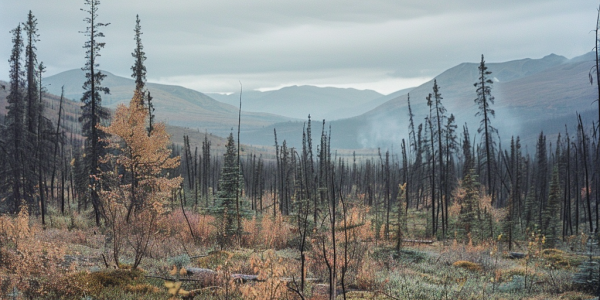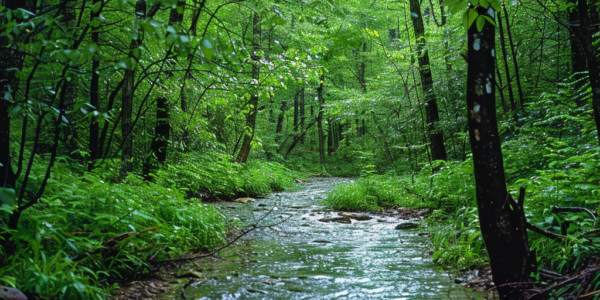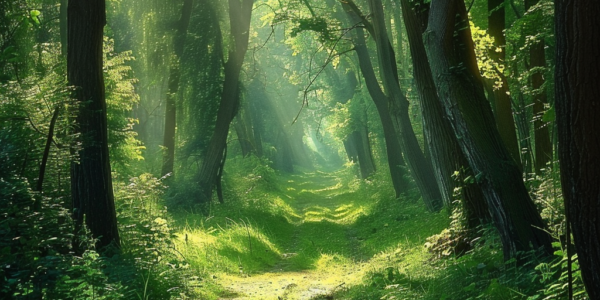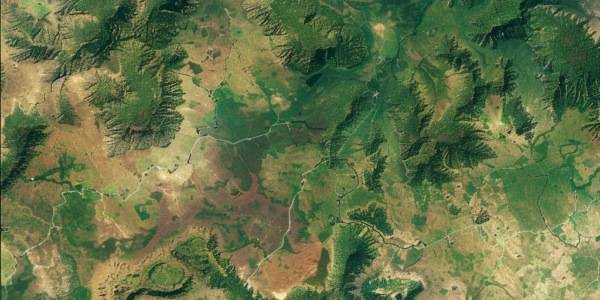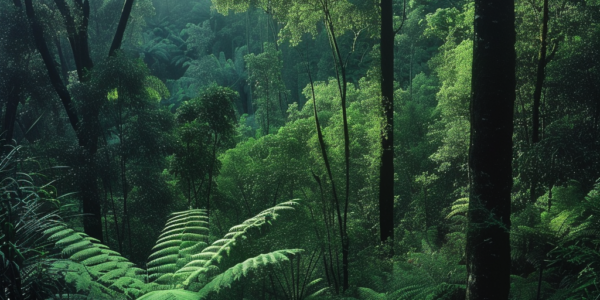Giant Sinkholes in China Reveal Ancient Forest Ecosystems
Discover the incredible giant sinkholes in China, known as tiankeng, that shelter ancient forests and unique ecosystems untouched by human activity. These natural wonders support diverse biodiversity, including rare species and endangered plants, thriving in their isolated environments. Explore the significance of these geological formations in understanding our planet’s ecological history and the urgent need for conservation efforts to protect these irreplaceable habitats.
Inwit Enhances Forest Fire Detection with AI Technology in Italy
Inwit partners with Legambiente to enhance forest fire detection in Italy using AI-powered smart cameras on telecom towers. This initiative aims to combat rising wildfire threats, especially during summer heat waves, by improving response times and protecting communities and natural reserves. With installations in key areas of Abruzzo, this project highlights the importance of integrating sustainability and advanced technology in wildfire management.
Wildfires in Arctic and Boreal Latitudes Impacting Ecosystems
Learn how wildfires are impacting photosynthesis rates in Canada and Alaska, leading to the transformation of boreal forests. Researchers at the University of California, Irvine are studying the effects of wildfires on black spruce forests and the rise of deciduous shrubs and trees in these regions. Find out how these changes could affect carbon dioxide removal and ecosystem functions in the Arctic and boreal latitudes.
Surprising Discovery About Energy Exchange in Natural Ecosystems
Scientists have discovered a surprising balance of energy exchange in natural ecosystems, with forests and streams engaging in an equal exchange of energy. The study uncovers the role of nutritional quality in maintaining this balance and explores how allochthony patterns differ among various species groups and across diverse climates. This research provides important clues about how these intricate exchanges might shift in response to changing environmental conditions.
Forest Therapy: A Natural Solution to Stress and Anxiety
Discover the science behind the health benefits of forest therapy in Metro Vancouver. Researchers at UBC are studying the effects of nature-based therapy on stress and anxiety, with promising results. Find out how a two-hour forest therapy session can lower blood pressure and stress levels.
Earliest Known Fossilized Forest Discovered in South West England
Scientists have made a groundbreaking discovery in the cliffs on the coast of South West England. They believe they have found the world’s earliest known fossilised forest near Minehead, Somerset. The discovery, made by researchers from Cambridge and Cardiff Universities, is said to be the oldest fossilised trees ever found in Britain and the oldest known forest on Earth. The fossilized trees, known as calamophyton, are said to resemble palm trees and are considered a ‘prototype’ of today’s trees. Some of the largest trees found were between two and four meters tall. The researchers also identified fossils of plants, debris, tree logs, and traces of roots, providing valuable insights into how early trees shaped landscapes and stabilized riverbanks and coastlines millions of years ago.
Mapping Deforested Land Use in Africa
Learn about a new study mapping deforested land use in Africa, providing crucial data for climate protection and biodiversity. The study, led by researchers from Wageningen University and GFZ German Research Center for Geosciences, used high-resolution satellite data to analyze 15 different types of land use after deforestation, creating the first high-resolution and continental mapping of land use after deforestation across the African continent.
Study Shows Global Warming’s Impact on Forest Carbon Uptake
Forests are considered the most effective and abundantly available carbon sinks, capable of storing and sequestering millions of tonnes of carbon dioxide from the atmosphere. A new study from India joins emerging research that challenges this notion, showing that carbon…
Ancient Kelp Forests Thriving for Over 32 Million Years, Study Finds
Recent scientific findings suggest that kelp forests have been thriving in the oceans for over 32 million years, providing a crucial habitat for a diverse range of marine life. The study, published in PNAS, challenges previous assumptions about the age…
Challenging the Concept of Fractality in Forest Canopies
The complexity of forests has long fascinated scientists, as the way trees grow together in a forest does not resemble how branches grow on a single tree. The structure of the top layer of a forest, known as the canopy,…



